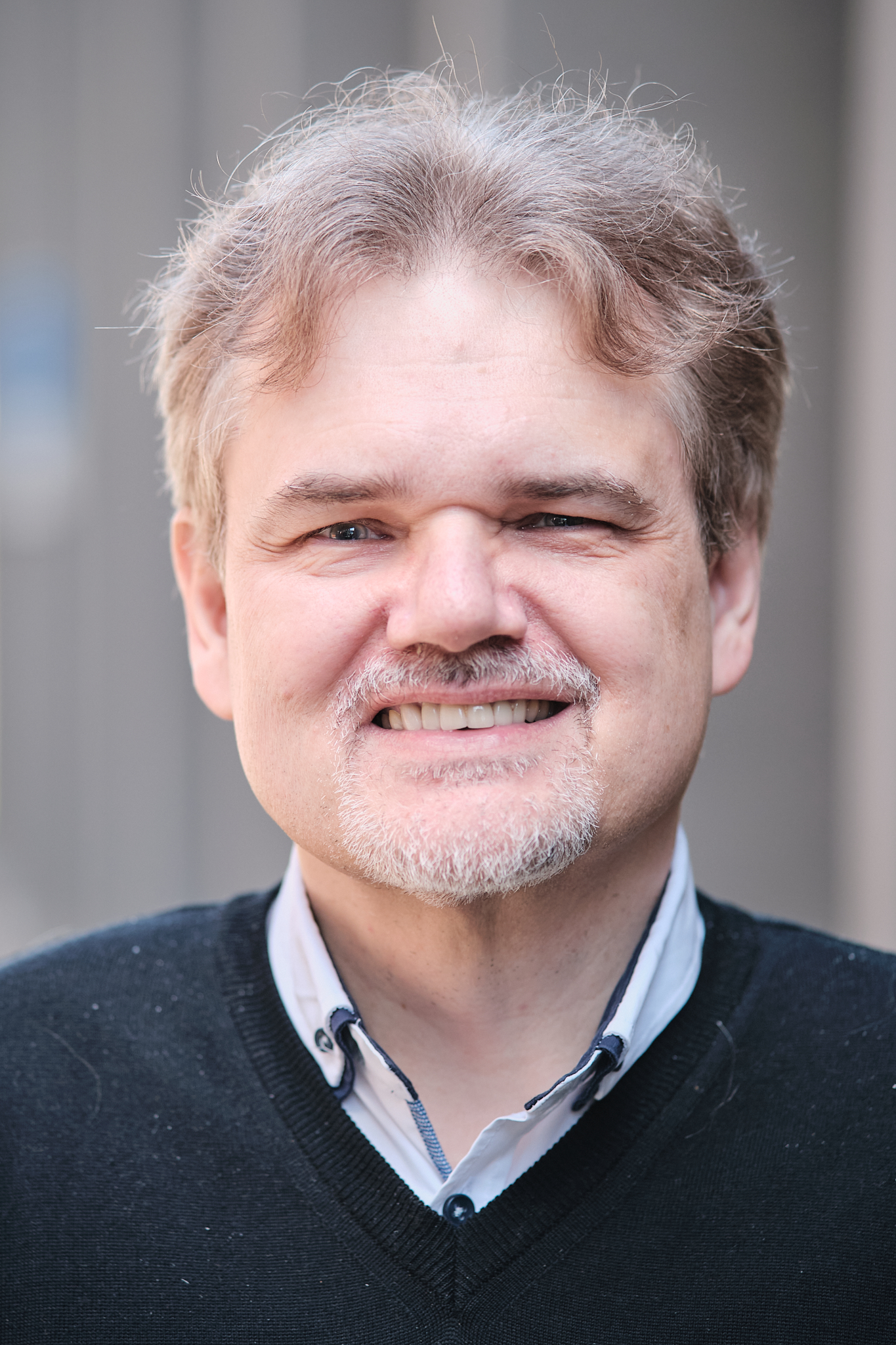Kim Kuypers | Genieten of Genezen (Enjoy or Cure)
Kim Kuypers is associate professor at the Faculty of Psychology and Neuroscience in het department of Neuropsychology and Psychopharmacology at Maastricht University. Her research mainly focusses on MDMA and psychedelics, and what their effects are on cognition, creativity, homones and the underlying brain mechanisms.
On this topic she started writing a VICI-grant proposal, that was unfortunately rejected (this time).
The VICI
Kuypers’ proposed VICI project will look into the biological foundation of mental wellbeing. “We know that psychedelics can improve mental wellbeing. What I want to know is: what happens biologically, what happens in the body, what changes occur, and how long are they sustained?”
In her proposal, Kuypers wrote that she would like to publish a book based on her findings. Even though the grant went to another researcher, the cogs of the academic world started turning and Kuypers was approached by publisher Prometheus. They showed an interest in the subject and asked her if she would like to publish this book, VICI or not.

Kuypers in her office at the Universiteitssingel 40
Enjoy or Cure
Kuypers’ book is called Genieten of Genezen: hoe psychedelica kunnen helpen je mentaal gezond te maken (Enjoy or Cure: how psychedelics can help make you mentally healthy). Mental wellbeing is a large part of our lives. “When people experience a crisis in their mental wellbeing, there are many methods to work on this, but not all methods are adequate for all patients”. Research shows that some mind expanding substances show great potential in this area. In her book, Kuypers describes four classes of these substances that can possibly aid this process: MDMA, classical psychedelics (e.g., LSD, psilocybin, ayahuasca), ketamine and cannabis. She looks at the history of the substance, what research has shown about the efficacy of the substance as a medicine, and in what context it can be effective. “It’s important to know that it’s not as simple as: I take the substance and I’m cured. A lot of preparatory work is necessary, and especially a lot of after care. These substances can be a tool to start the therapeutic process, and maybe speed it up”.
The challenge of writing a book

“I knew what I wanted the book to be, a story that was as complete as possible. I have a lot of expertise in the area of MDMA and classical psychedelics. I needed to thoroughly study the other substances in the book”. After her university working hours, Kuypers dove into scientific papers on ketamine and cannabis, to make sure her book covered all the most popular substances.
“It’s quite something, writing a entire book. Making decisions about structure, which details are important, who am I writing this book for, what is the goal of the book?” Kuypers and her colleague often appear in the media about this topic. The message is often too simplistic “Psilocybin helps with depression”, but that is not the whole story. “It’s not the substance that is going to help you, it’s the substance plus all other factors involved. These substance can be of help with some disorders, in combination with therapy”. Kuypers adds that these substances are not yet available via doctors or pharmacies. It will still take years of research to be able to present an actual product via the proper channels.
“The other goal of the book is to remove the stigma surrounding these substances. When people think of MDMA, I don’t want them to think it is only used in a party context, but that it can also function as a medicine”. Kuypers wants to remove the stigma, but also remain realistic and critical about the knowledge that we have now. “Current research is promising, but there are still so many things we don’t know”.
Also read
-
FPN’s prof. dr. Rainer Goebel has been awarded an ERC Advanced Grant of € 2,5M for his research project Reading the Mind’s Eye: AI inspired personalised brain models of mental imagery. Goebel is among 255 researchers (out of 1829 applications in all domains) in Europe to receive the grant, and he is...
-
When nitrous oxide (laughing gas) is used recreationally, its presence remains detectable in the breath and bloodstream for at least 60 minutes after inhalation, and the development of an instrument to measure it is technically feasible. These were among the findings of a study at Maastricht...
-
What happens in the brain of someone with a psychiatric disorder? Eleonora Broggi, an alumna of the bachelor Biomedical Sciences at Maastricht University, is investigating brain patterns in people with autism spectrum disorder at King’s College London. Read how Eleonora uses Biomedical Sciences for...


